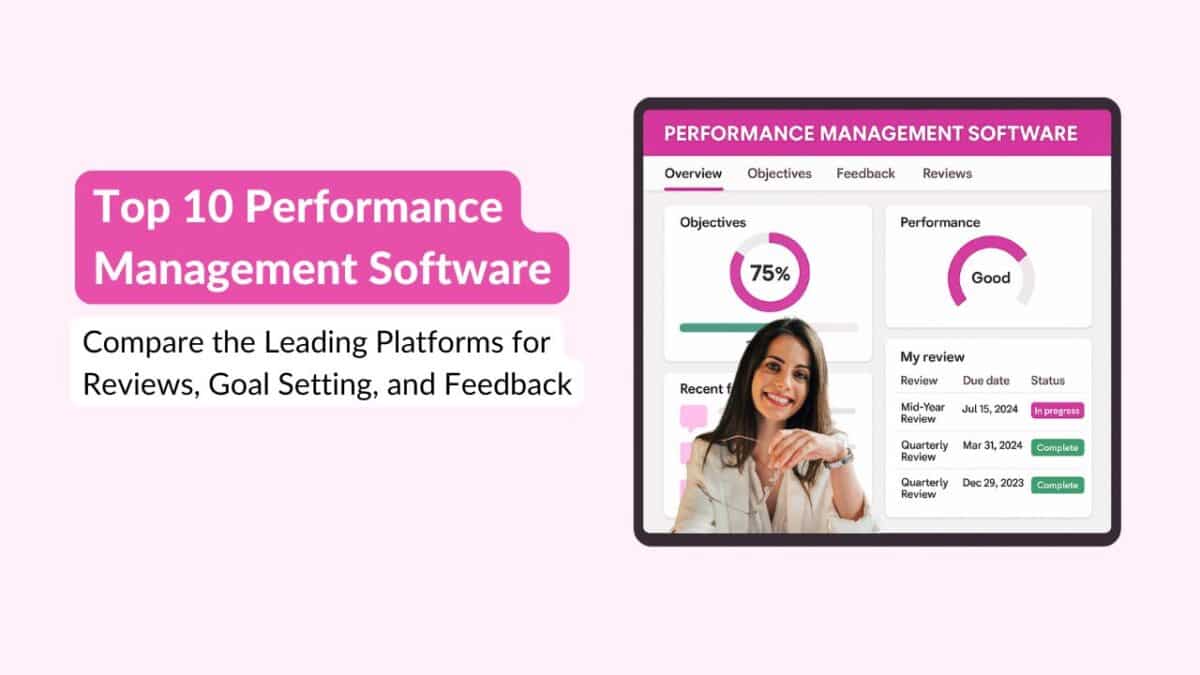Many fortune 500 companies like GE, Microsoft and Adobe have ditched their annual performance reviews and replaced it with more consistent and frequent feedback methods.
In 2015, Deloitte announced that they would reinvent performance reviews based on findings that “the best team leaders revealed that they conduct regular check-ins with each team member about near-term work.” Having frequent check-ins with your team members helps you cultivate an engaging and positive workplace culture that drives organizational productivity.
Annual performance reviews were prominent a few decades ago, when baby boomers were the primary workforce of an organization. They had a clear set of instructions and rules defined to carry out their job roles and their performance used to be evaluated every year. Now, the way things work has drastically changed.
Also Read: Why Adobe Ditched Its Annual Performance Reviews
While the focus of workforce is now shifting more towards employee engagement and frequent performance evaluation systems, there are still many organizations that use outdated methodologies to evaluate employee performance that demoralize employees and contribute as challenges to organizational productivity.
It is natural for humans to remember recent events or achievements than the older ones. During annual performance reviews, some managers tend to consider what an employee appears to have done in the last weeks or months, rather than looking at the entire period the evaluation is supposed to be based on. Not to mention, annual performance reviews/ rankings hurts employee collaboration and workplace culture too.
Also read: Evolution Of The Performance Management System
In a survey by TriNet and Wakefield Research where over 1000 millennial employees were surveyed, 22% of full time employees preferred to call in sick than face performance reviews.
Annual performance reviews were actually designed so that both the employees and the company could benefit from them. But most HR leaders agree that this practice isn’t just ineffective but also damaging to the organization. It is not just because of the process itself but because of the way it is being carried out.
For the longest time, annual performance reviews were the primary way for managers to communicate performance evaluation feedback with their employees. But these reviews cost managers an average of 210 hours per year and a lot more money. Moreover, Corporate Executive Board (CEB) research has found that 9 in 10 human resource leaders are dissatisfied by the results of their annual performance reviews and believe that the process doesn’t yield accurate information. So, It is just not the employees that are dissatisfied by annual performance reviews.
This means that the process as a whole is long due for an overhaul. Performance reviews are such an integral part of an organization. They can reveal many illumination insights when done right.
One way to overhaul the annual review process is to break it down to its core components and identify critical gaps in the review process.An other way is to adopt performance review software. These two solutions can go a long way towards mitigating some of the problems everyone experiences with regard to performance reviews.
Of course, the onus of refining the review process is on each organization. Because it is up to organizations to take the process and make it their own, much like the stalwarts mentioned at the beginning did so.
Do you want to know how Engagedly can help you with frequent performance reviews? Talk to our experts!
Author
Srikant Chellappa
CEO & Co-Founder of Engagedly
Srikant Chellappa is the Co-Founder and CEO at Engagedly and is a passionate entrepreneur and people leader. He is an author, producer/director of 6 feature films, a music album with his band Manchester Underground, and is the host of The People Strategy Leaders Podcast.






